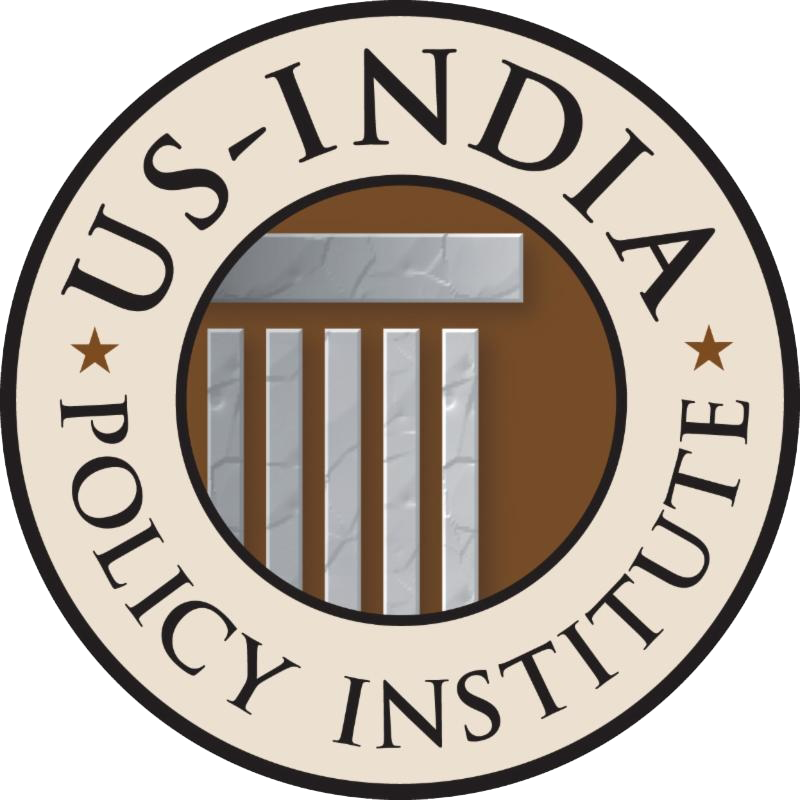![[Summary] Oxfam India Discrimination Report 2022](https://images.squarespace-cdn.com/content/v1/621d1442001bc06b2023a24e/1667143527667-WW3SKCTZ8RBK1AR0YNFZ/Oxfam+Discrimination+Report+Cover.png)
[Summary] Oxfam India Discrimination Report 2022
The Oxfam India Discrimination Report 2022 focuses on differential access to labor market (absorption and wages), factor market (access to credit) and endowment market (access to hospitalization) for different socio-religious and gender groups. USIPI summarizes the report as a research summary.
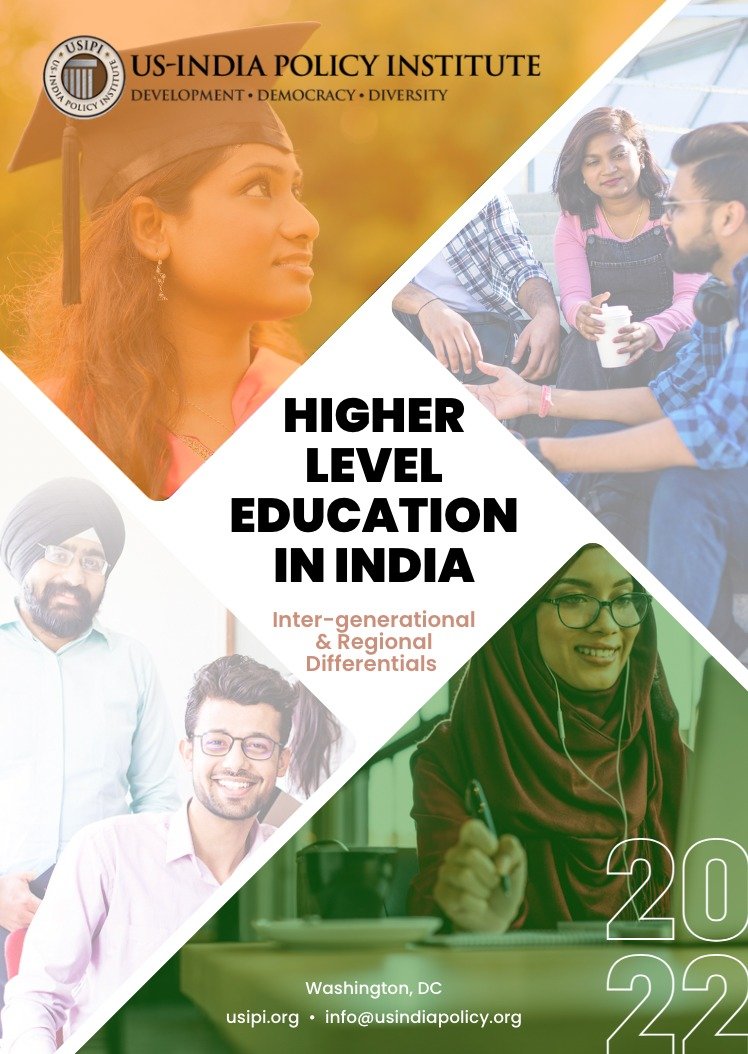

Economically Weaker Section Quota in India: Realistic Target Group and Objective Criteria for Eligibility
This paper critiques the manner of conceptualizing the “Economically Weaker Section” category. The authors argue that in order to meet the constitutional standards of equality and social justice, the EWS category should be defined so that the "weakness" seeks to address is of a compelling and trans-generational character. Purely income-based criteria fail to do this because they are neither practicable nor do they accurately reflect the entrenched economic disadvantage. The authors propose an alternative model that can work as an EWS index and recommend the creation of a professional commission to further develop the criteria.

Human Development, per Capita Income Differentials and English as a Source of Demographic Dividends Amongst the Youth in India
This paper reviews a few human development dimensions and estimates the rate of poverty change during the last decade; and traces the path of educational transition and human development according to socio-religious categories. A discussion as co the reasons for Muslim under-development and the best possible route to enable mainstreaming concludes this paper. The value-added contributed by the Muslims of India will be essential to boost the fast pace of India's GDP growth during the next quarter to half-century.

An Equal Opportunity Commission for India
In the Indian context, establishing an equal opportunity commission (EOC) is imperative to improve diversity and eliminate deficits in various outcome measures, especially amongst minorities. The focus must be on mechanisms to achieve the Millennium Development Goals (MDGs) through institutional facilitation of EOC. This paper makes a strong case for the establishment of an EOC in India and draws upon the institutional frame and the best practices of the US and UK.
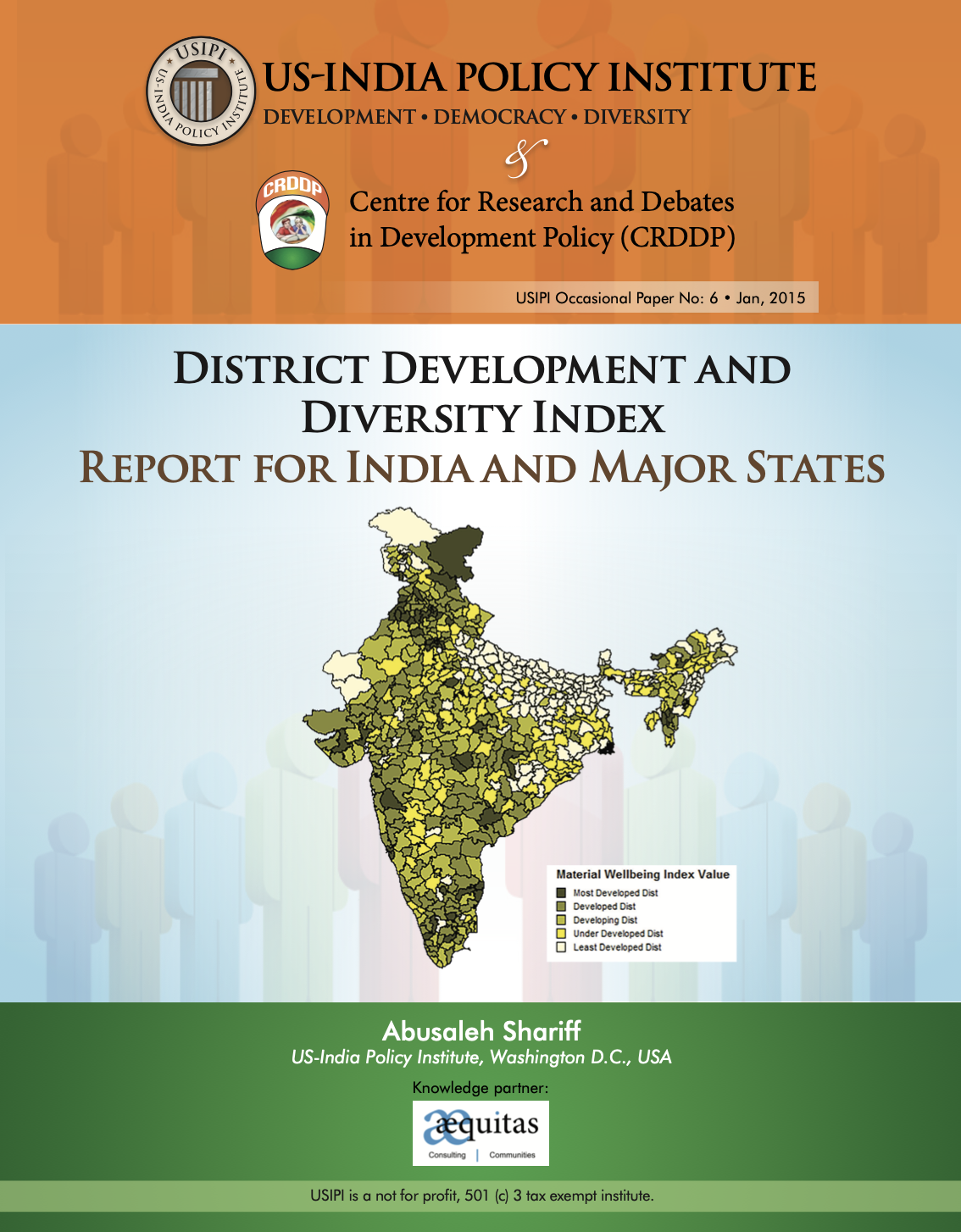
District Development and Diversity Index
This report (DDDIx) is a technically advanced tool for the assessment of grassroots level ground realities of development, by creating indices for easy comparison at a more granular District level. The analysis further proceeds to add the dimension of diversity to district development estimates and compares how each socio-religious community is placed in a relative context. Such social comparisons of development are the first of its kind at the level of the district.

Inter-Generational and Regional Differentials in Higher-Level Education in India
This paper highlights geographic, gender, and social differentials in access to higher-level education (HLE) in India. The analysis is based on rare data from the 64th round NSSO survey 2007-08, namely ‘Participation and Expenditure in Education’.

Six Years After Sachar
This policy paper examines the achievement of the United Progressive Alliance (UPA) government, a coalition government led by the Indian National Congress Party, during its eight-year rule, particularly during the six years since the Sachar Committee Report launched debates around socially inclusive development that takes religion into account.

Role of Education and Diversity in India
This paper empirically evaluates the contribution of different socio-religious communities to Indian ‘gross domestic product’. It also estimates the value-added made by the SRCs at different levels of education. This analysis, therefore, has made it possible to highlight the relative productivity differential according to SRCs and hence identify the disadvantaged groups or communities.
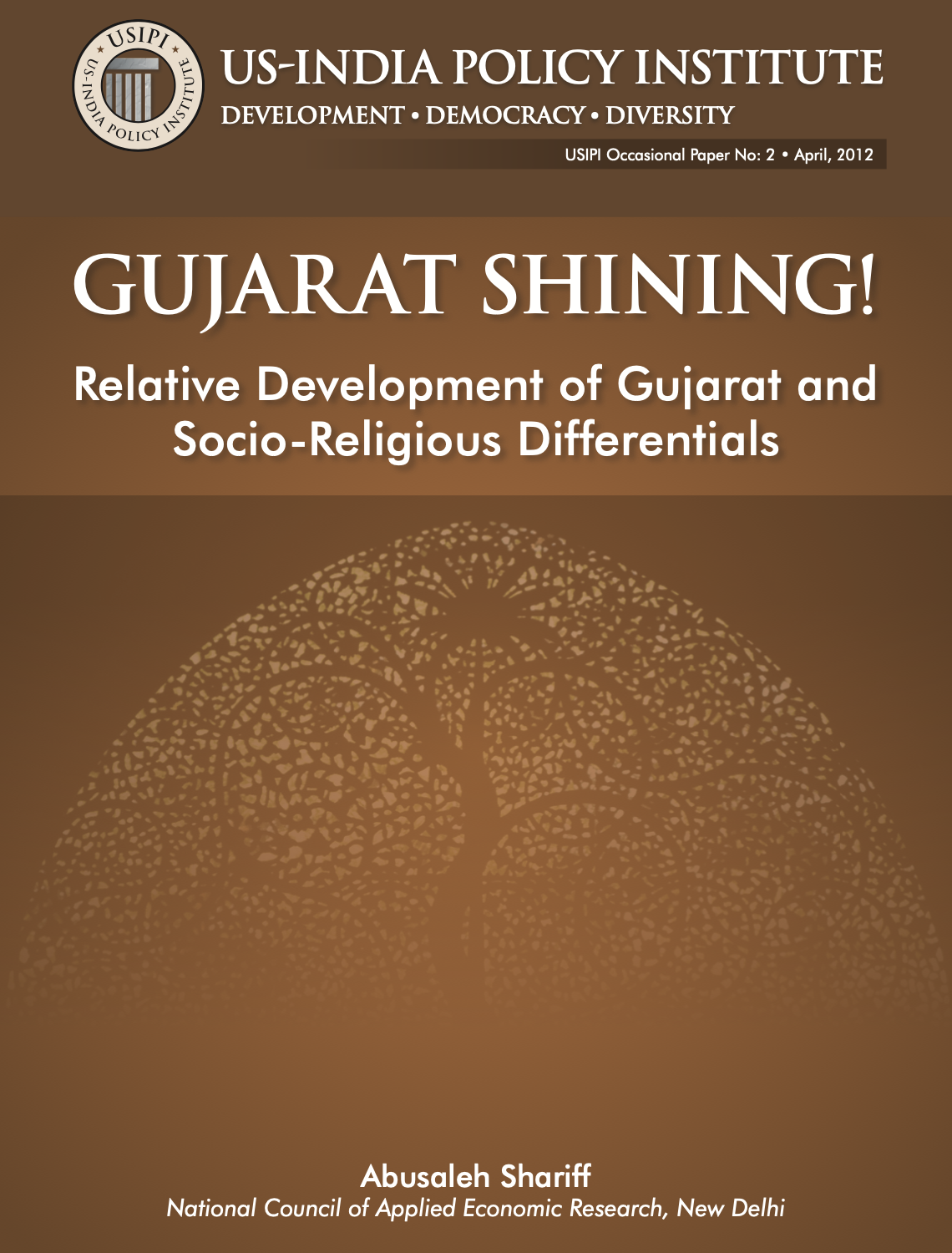
Gujarat Shining!
This paper reviews various economic and social data and concludes that on most of the measures Gujarat does not fare well, and rather it is way down on 4th to 6th place in the list of states of India. The study finds no evidence to the hype that Gujarat is the favorite destination of foreign direct investment (FDI) raking below Maharashtra, New Delhi and Karnataka.
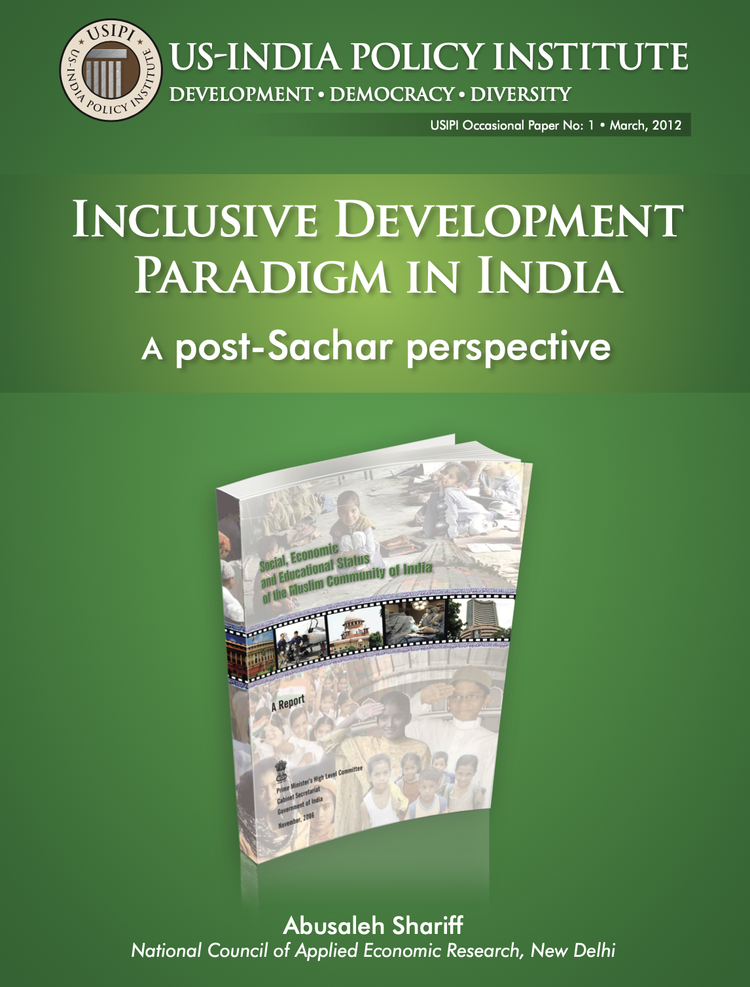
Inclusive Development Paradigm in India - A Post Sachar Perspective
This paper takes stock of public policy initiatives and the performance of the national government with reference to the recommendations made by the Prime Minister’s high-level committee (Sachar Committee, 2006) on the social, economic, and educational conditions of the Muslim community in India.
